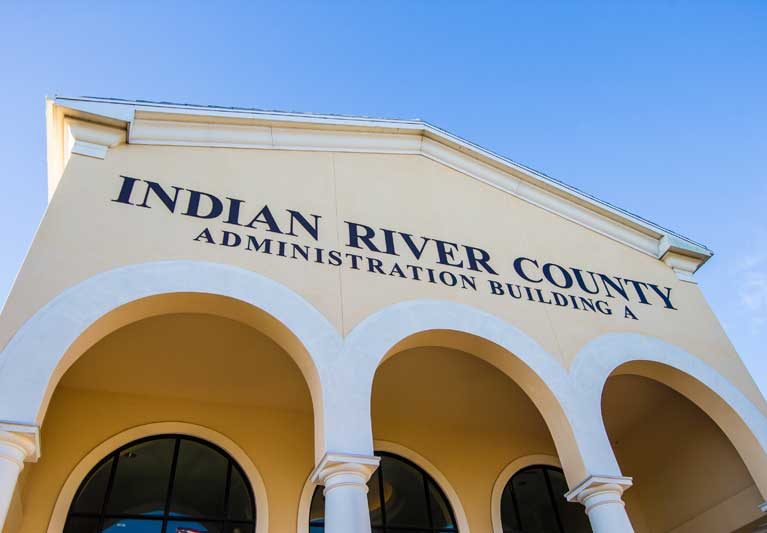
If a planned initiative is approved by county voters in November, island homeowners would have to pay about $100 more annually for 15 years to enable more land to be bought up for conservation.
Lands along the Indian River Lagoon, the Sebastian River Greenway and the Atlantic Ridge near Interstate 95 would be targeted for purchase. So would working cattle ranches in western Indian River County.
County Commissioners voted 4-1 on Feb. 1 to direct county administrators to prepare for a referendum on Nov. 8 on the initiative to borrow $50 million to acquire and preserve environmentally significant land.
The county would repay the loan with the proceeds from a proposed property tax rate of nearly 19.6 cents per $1,000 of assessed value.
If the proposed tax is approved, the owner of a house with a taxable value of $500,000 would pay $98 more annually – and the owner of a $1 million home would pay $196 more annually – in county property taxes.
The commissioners anticipate reviewing the proposed ballot language for the bond referendum during their March 8 meeting.
The land preservation proposal is backed by the Indian River Land Trust, Indian River Neighborhood Association, Pelican Island Audubon Society, Ocean Research and Conservation Association, and Pelican Island Conservation Society.
The groups had initially pitched the initiative in early 2020, but backed off because of the economic uncertainty surrounding the COVID-19 pandemic.
Voters had previously approved environmental land bonds for $26 million in 1992 and $50 million in 2004.
The $76 million investment yielded property valued at $148.5 million thanks largely to matching grants, said Ken Grudens, executive director of the Indian River Land Trust.
“Conservation has always been a priority of our county’s residents,” Grudens said. “The county has done a great job in protecting important areas for maintaining water quality and important wildlife habitat.”
Renewing the environmental land purchasing program is important to maintaining the natural environment and quality of life in Indian River County, Grudens said.
“It’s no secret the Treasure Coast is growing and developing at a very fast pace,” Grudens told the commissioners. “If you look around, there is no shortage of development projects in our county. Everywhere you turn, blocks of important wildlife habitat are being lost.”
Commissioner Joe Flescher, the lone dissenter, said he was concerned about an economic downturn that could increase the tax burden on property owners.
“My reservation is purely financial,” Flescher said. “All the boats are coming down except for the price you pay at the market. We have some more challenges. We’re not out of the covid lag yet.
“I think we need to pause again,” Flescher said. “I don’t think that it’s prudent. We don’t know what the predictability of the market is or will be and there is some concern.
“I don’t think it’s very responsible to move forward and harness the taxpayers with a 15-year commitment when we have too many uncertainties,” Flescher said.
But the other four commissioners expressed full support for the environmental land bond.
“I think we still have an obligation to protect our citizenry, protect our environment, protect our lands, make sure we have drinking water, make sure we have recreation and wildlife,” said Commissioner Joe Earman.
“There’s never a good time to place additional funding on the taxpayer,” Earman said. “I think it’s the most important increase we could have for our county as a whole for our well-being, for our recreation, for our lifestyle.
“If we can just preserve a little bitty slice of old Florida and old Indian River County, we’re better off,” Earman said.
Commissioner Laura Moss added, “I think this is coming not a moment too soon and we need to move on it as quickly as we can.”



